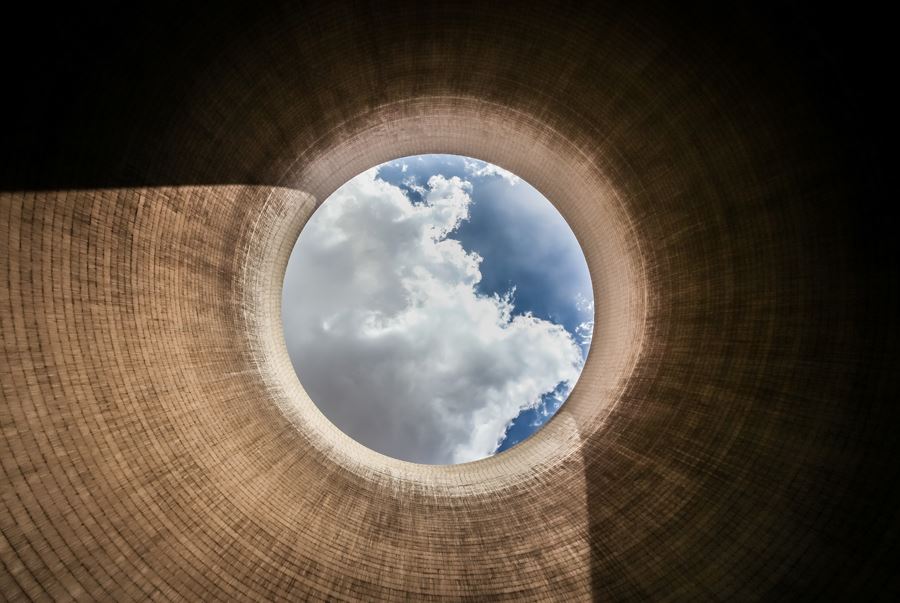Climate change
Climate change is one of the biggest environmental problems today. It is attributed directly or indirectly to human activity that alters the composition of the global atmosphere.

According to the Ellen MacArthur Foundation, 55% of current greenhouse gas emissions originate from energy, while remaining 45% comes from the production of everyday products.
The Intergovernmental Panel on Climate Change (IPCC) report warns about grave consequences, including more extreme weather, sea level rise, loss of Arctic ice, decrease in catch for marine fisheries, decline of coral reefs and transformations of ecosystems on terrestrial areas. Huge efforts are needed to achieve zero emissions by 2050 to meet the 1.5 ˚C target set out in the Paris Agreement.
How does the Nordic Swan Ecolabel contribute?
When setting requirements, Nordic Ecolabelling assesses the entire product life cycle – from raw materials to production, use, disposal and recycling. This holistic approach is crucial to reducing the overall impact on the environment and climate. Products certified with the Nordic Swan Ecolabel contribute to a reduced climate impact in several ways. The focus of the requirements is on:
- Energy: Reduced energy consumption, energy efficiency, transition from fossil to sustainable, renewable energy – and subsequently, reduced emissions of greenhouse gases
- Materials: Transition to sustainable materials with less climate impact
- Quality: Increased product lifespan through quality and design requirements
- Waste: Reuse, recycling, and waste minimization
Circular economy and climate are related – thus the efforts to promote circular economy also help to reduce the emissions of greenhouse gases.
Read more in the factsheet about the Nordic Swan Ecolabel and climate change.
Environmental background
The Paris Agreement’s (UN Framework Convention on Climate Change, 2015) central aim is to strengthen the global response to the threat of climate change by keeping a global temperature rise this century well below 2 degrees Celsius above pre-industrial levels and to pursue efforts to limit the temperature increase even further to 1.5 degrees Celsius. In 2018, The IPCC launched a special report on the impacts of global warming of 1.5 °C. The latest IPCC report in August 2021 provides new estimates of the chances of crossing the global warming level of 1.5°C in the next decades, and finds that unless there are immediate, rapid and large-scale reductions in greenhouse gas emissions, limiting warming to close to 1.5°C or even 2°C will be beyond reach.